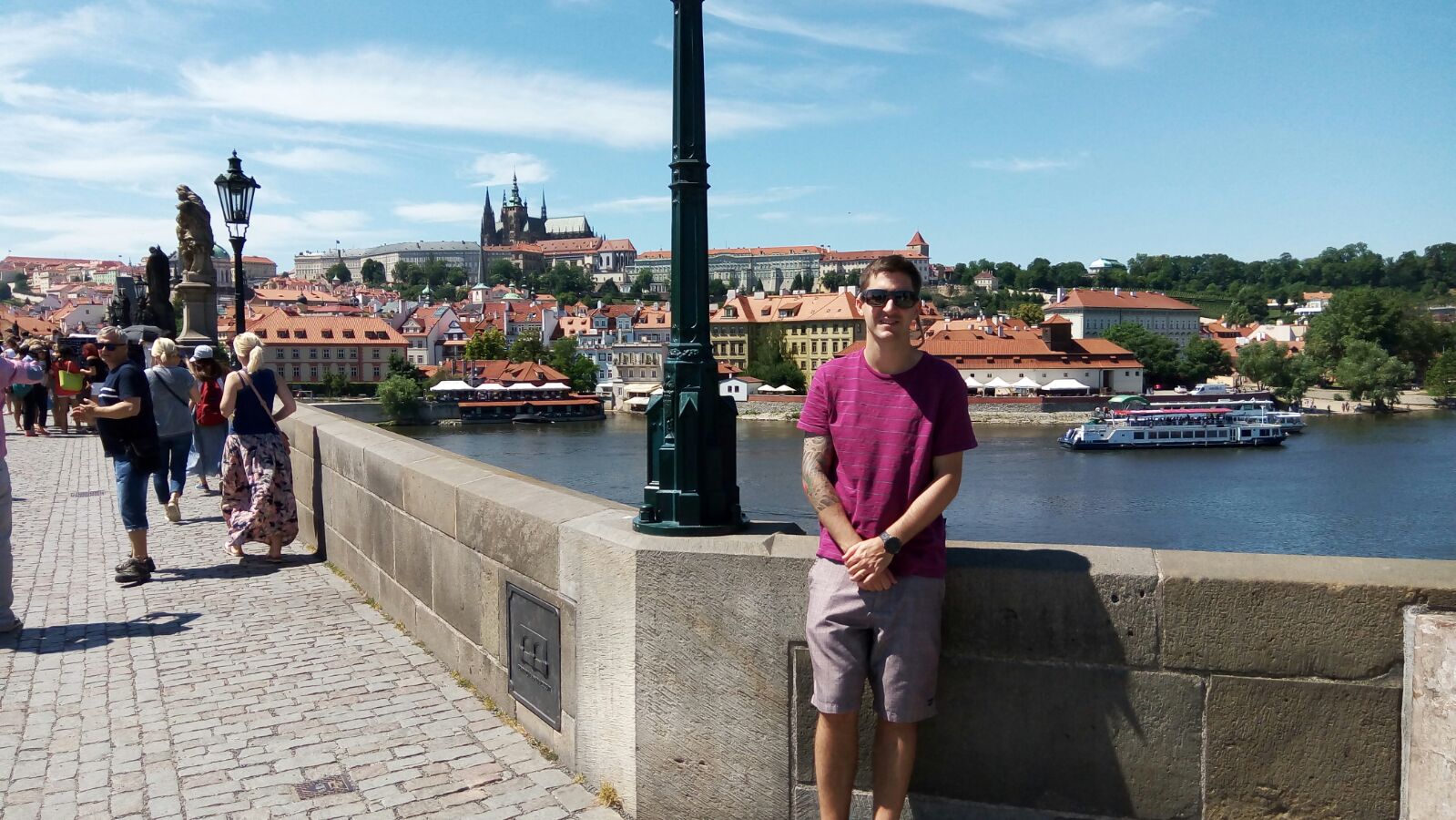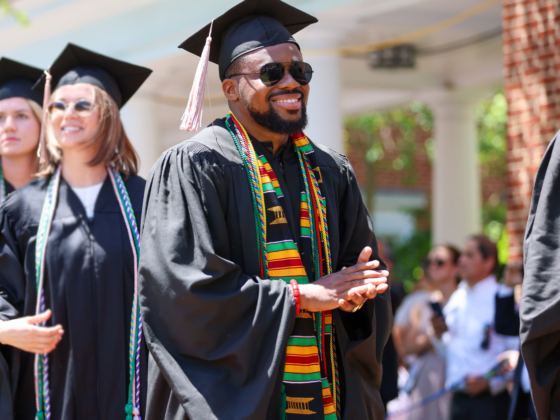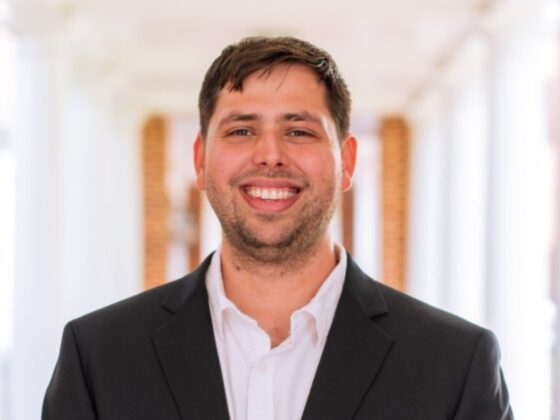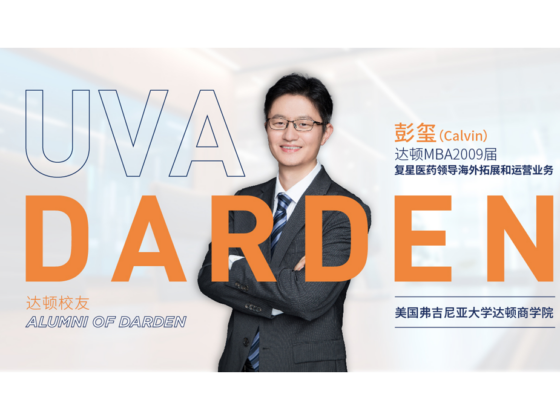Nicolas Voboril is a second-year student from Santiago, Chile. Before attending Darden, Nicolas worked in the energy industry, focused on natural gas utility. He received his B.E. from Pontificia Universidad Catolica de Chile in 2010. Nicolas is involved in the Latin American Student Association and Soccer Club at Darden.
Please tell me more about your summer internship in Germany. How did you find out about this opportunity? How was the transition into the German culture?
I was looking to intern in the industrial manufacturing sector and I accepted an offer from Siemens in Munich, Germany. Siemens has MBA opportunities in their in-house consulting area, and through networking with them, I connected with a Venezuelan employee who was supportive throughout the interview process. As Darden’s Career Development Center always points out, try to make connections as much as possible because you never know what could come of them.
It was a little bit of a difficult transition at first, since Germany is quite different from Latin America, but the first month in any job is a learning curve that you just have to work through. Germans, and especially the German business culture, have very structured processes and ways of thinking. Whereas Latin America is very friendly and open to everyone, in Germany it is less common to strike up conversations with people from the start. It is a very different culture than my own, but being at Siemens made the transition easier. It also helped that I had been to Germany a few times before this internship on work trips with my previous company. Overall, I had an incredible time in Germany—and in my travels to Austria, France, Czech Republic, Greece and the U.K throughout the summer!
What are the most valuable lessons you have learned from this global internship?
The greatest takeaway I had from my internship was learning how to be an efficient communicator, especially when people have different cultural backgrounds. Being a good communicator includes knowing how to efficiently communicate with everyone in the workplace—your colleagues, those you manage and those who manage you; how to explain what you need, in one minute, to somebody who might know nothing about what you are asking of them; and how to provide effective feedback. Siemens provided results-driven feedback every two weeks, which was starkly different from my previous company, but it reminded me that we are always in the process of learning and that we need to learn how to make ourselves better to make others around us better as well. Darden provided the setting for having these conversations in practice through Kristen Belfar’s Leading Teams course.
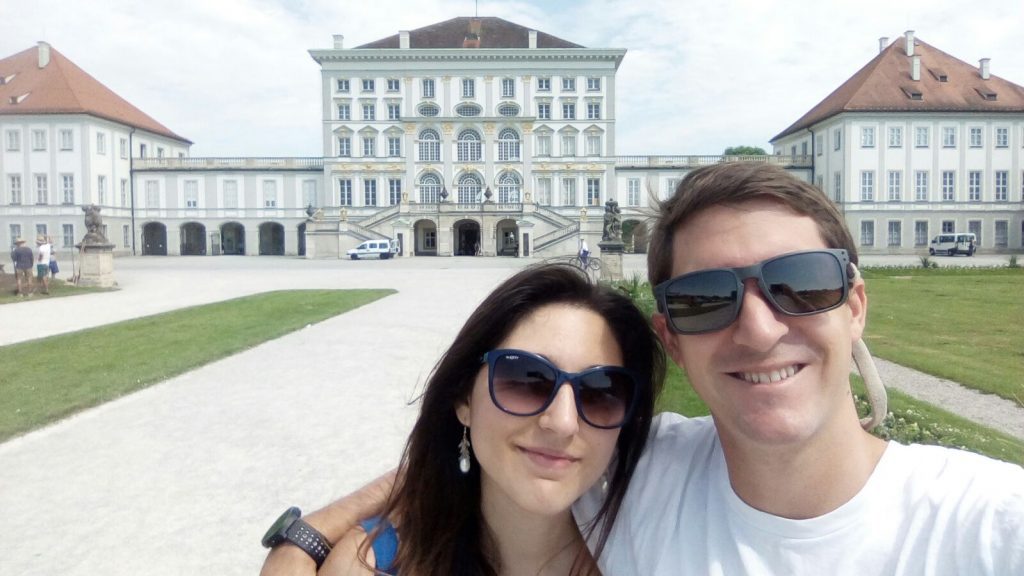
Before attending Darden, did you plan to participate in a global experience? Are you interested in working abroad after graduating from Darden?
I knew I wanted to travel abroad during my time at Darden and I decided that doing a global internship was the best way for me to do that. With my family and connections in Chile, and in South America more broadly, I wanted to learn how other cultures operate in their working environments. I have learned so much from having lived and worked in Latin America, the U.S. and Germany, all of which have vastly different cultures in business and everyday life. After graduating from Darden I plan to return to Siemens full time and I am certainly interested in working abroad. However, even if I were to return to Chile or South America for work I would like to work for a company that has a global reach and impact.
What would you tell students who are considering participating in a global opportunity?
Definitely do it—this may be a well-used response, but it is for good reason. Having global experiences enhances both your network and your brand; today, companies are looking for people that have a broad view of the world, are sympathetic to where other people are coming from, and are flexible enough to work with people that have different points of view. Specifically in the consulting world, you will work on international projects and with international clients, and the way you work on those projects and interact with those clients will change with each different culture.
Darden is a safe place to discuss your ideas and share your recommendations even if, in the end, you might be wrong. Somebody will ultimately correct you but you are safe to make those mistakes in the classroom. In a work setting, everything you say has a great impact and your recommendations can make a real difference in the lives of others. Having work experiences in different countries allows you to see how businesses operate differently in similar circumstances, to make astute recommendations and business decisions that impact on the lives of people around the world, and to apply lessons learned in one business setting to the other more effectively.
Have you interacted with the Darden alumni network either before Darden or as a student?
I was in the process of applying to business schools when I became close with the CFO of Metrogas, the company I was working for, and discovered that he was a Class of 2009 Darden alumnus. He was integral to my decision to apply and ultimately attend Darden, and helped me greatly by connecting me with other alumni and people in Charlottesville before I even arrived here. I am still in contact with him and am always sending him pictures of Darden! I could not have had a better example of a Darden alum. There is a growing community of Darden alumni in Chile and of Latin American students here at Darden. The alumni in Chile make it easy to reach out to them and stay connected, as they usually get together with students before the students head to Darden and meet up with them again over holiday breaks. I look forward to joining the alumni network once I graduate.

